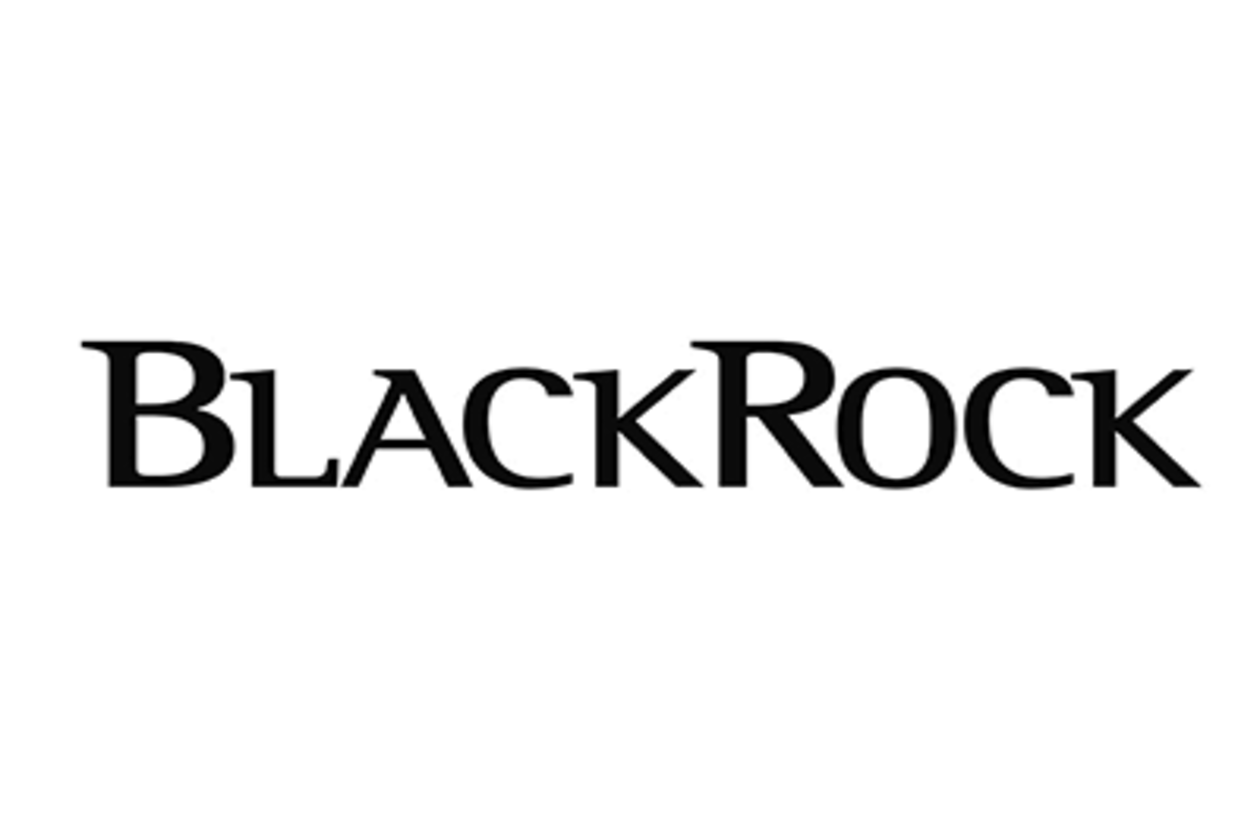BlackRock has been managing index portfolios since 1971
This fund provides a low-cost option for accessing multiple international markets through one investment
The fund has a diversified mix of investments including shares, bonds, property and cash
This fund does not currently feature on the Wealth Shortlist of funds chosen by our analysts for their long-term performance potential
How it fits in a portfolio
The BlackRock Consensus 85 fund offers a low-cost solution for providing similar performance of the average pension fund in the UK. The fund is ‘multi-asset’ meaning it invests in a combination of shares, bonds, property and cash. This allows investors access to a variety of international markets with one investment. While the fund offers good global diversification, it has a larger weighting in companies from the US and UK.
A mixture of assets spreads investment risk, which could limit up and down swings in performance over the longer term although there are no guarantees. The fund could help provide a starting point for a diversified investment portfolio.
However, it doesn’t feature on the Wealth Shortlist as we currently have conviction in the existing multi-asset funds on the list and believe there are alternatives for passive global investment.
Manager
Steve Walker is responsible for Europe, Middle East and Africa Index Asset Allocation at BlackRock and leads the team that manage the Consensus 85 fund. Walker joined BlackRock in 2009 and previously worked as a portfolio manager for Barclays Global Investors before the two firms merged together.
BlackRock’s global approach allows the portfolio managers to work closely with other teams across the world, helping drive more efficient management of their funds. This should enable them to provide simple and efficient tracking options for investors.
Process
The investment team uses an asset allocation strategy based on the Lipper ABI Mixed Investment 40-85% Shares Pension Sector. Each month Lipper, an investment data provider, takes a survey on what investments are held in the average pension fund across the UK. The results of that survey provide a starting point for BlackRock to choose which passive investments to hold in the fund. Passive investments aim to track the performance of a particular market.
The number 85 refers to the maximum percentage of the fund that can be invested in shares. In practice the fund typically holds less than this. When there’s a reduction in the proportion of shares held, the team increases its weighting in other investments.
The survey shows a proportion of pension scheme assets are invested in alternative investments, like private equity or hedge funds. BlackRock believes it’s difficult to invest in these using passive investments, so the team avoids them and reallocates the money to other sectors.
The biggest allocations within the fund at the end of October 2024 were to company shares from the US, UK and Europe at 25.1%, 24.9%% and 12.7% respectively. This compares to 22.2%, 24.9% and 14.0% invested in those regions 12 months ago. As positioning is based on the Lipper survey, we do not expect these weightings to change a lot over the short term.
A proportion of this fund also invests in emerging markets, smaller companies and high yield bonds, all of which are higher risk.
The underlying funds have tracking error targets, which measure how closely they’re tracking their benchmark. These are monitored by BlackRock on a daily and monthly basis to ensure each fund is being run efficiently.
The fund can lend some of its investments to others in exchange for a fee in a process known as stock lending. This offsets some of the costs involved with running the fund. Since BlackRock’s lending program started in 1981, only three borrowers with active loans have defaulted. In each case, BlackRock was able to repurchase every security out on loan with collateral on hand and without any losses to their clients. Even so, stock lending adds risk.
Culture
BlackRock is currently the largest asset manager in the world, running around $11.5trn of assets globally as of September 2024. The company was founded by eight partners including current CEO Larry Fink and is known for both active and passive strategies. Employees at BlackRock are encouraged to hold shares in the company so that they are engaged with helping the company perform well and grow. The iShares brand represents BlackRock's family of index tracking and exchange-traded funds.
As the world's largest asset manager, and with lots of resource and knowledge under its belt, BlackRock benefits from unique access to the marketplace, which can help reduce trading costs. BlackRock is also a pioneer in the passive investment space and has a track record of innovation in this part of the investment market.
The team running this fund also works closely with various equity and risk departments across the business. We believe this adds good support and challenge on how to run the fund effectively.
ESG Integration
BlackRock was an early signatory to the PRI and has offered ESG-focused funds for several years, including through its iShares range of passive products. However, it only made a company-wide commitment to ESG in January 2020. Following that announcement, the company promised to expand its range of ESG-focused ETFs, screen some thermal coal companies from its actively managed funds and require all fund managers to consider ESG risks.
BlackRock’s Investment Stewardship Team aims to vote at 100% of meetings where it has the authority to do so. The Investment Stewardship team engages with companies, in conjunction with fund managers, and the results of proxy votes can be found on the BlackRock website’s ‘proxy voting search’ function. The firm also outlines its work on voting and engagement in an annual ‘Voting Spotlight’ report, and quarterly ‘Engagement Summary’ reports.
The firm has courted controversy in recent years for failing to put its significant weight behind shareholder resolutions aimed at tackling climate change. It responded by committing to be more transparent on its voting activity and providing rationales for key votes.
Blackrock also raised concerns in 2022 when it suggested it will likely back fewer shareholder proposals based on environmental and social issues in the coming year, than it had in the previous. This was based on their view that shareholder resolutions are increasingly inconsistent with investors’ financial interests. In 2024, BlackRock announced that its US arm would step back from the Climate Action 100+ collective engagement initiative, citing legal considerations, although it suggested its international arm would remain a member.
The BlackRock Consensus 85 fund continues to consider the integration of building blocks for the shares portion of the fund that focus on companies with better ESG credentials. However, at the current time, only one of the underlying bond funds incorporates ESG into its investment process and it’s only 7.6% of the funds’ investments. It does this by tracking an index that excludes bond issuers based on ESG ratings and their exposure to certain activities such as weapons or tobacco. Following conversations with BlackRock on this topic, we no longer expect the fund to meaningfully increase the amount of the fund invested with better ESG credentials.
Cost
The fund has an ongoing annual fund charge of 0.21%, but a discount of 0.13% is available for HL investors, which reduces the charge to 0.08%. The HL platform charge of up to 0.45% per annum also applies.
The fund discount is achieved through a loyalty bonus, which could be subject to tax if held outside of an ISA or SIPP.
Performance
Since the fund launched in August 2005, it’s risen by 227.21%* versus 189.44% for the IA Mixed Investment 40-85% Shares sector. While it has done well, the aim of this fund is not to explicitly outperform the sector, but to perform similarly to it. While this sector isn’t exactly the same as the Lipper ABI sector that the fund bases its positioning on, the two have performed similarly in the past. Remember, past performance isn’t a guide to future returns.
The three biggest underlying passive funds as at the end of October 2024 accounted for 62.7% of the overall portfolio. This means they should have a larger impact on performance compared with smaller investments.
Over the last 12 months, the fund has returned 16.54% versus 16.77% for the sector. The three largest holdings in the fund provided the largest positive contribution to performance. While all assets added value, the investments in bonds provided the smallest gain overall.
The US market performed particularly well due to strong earnings from technology companies involved in the developments of Artificial Intelligence (AI). Falling inflation and the anticipation of interest rate cuts throughout the year also boosted the performance of US shares and markets globally.
The European Central Bank was among the first major central banks to lower interest rates in early June. They were followed by the Bank of England in August, who cut rates from 5.25% to 5%, after holding rates at a 16 year high for a full year. The US Federal Reserve also lowered rates in September, for the first time in four years, but went in with a bigger cut of 0.5%. All three of these central banks have continued to cut interest rates too, although it’s becoming less clear how far these rate cuts will go.
Despite this, it’s been a volatile year for global markets with ongoing conflicts in Ukraine and the Middle East and uncertainty around the US election amongst many other national elections.
A glance at the five-year performance table below shows in some years the fund has performed more in line with the mixed investment sector than others.
Annual percentage growth
Oct 19 – Oct 20 | Oct 20 – Oct 21 | Oct 21 – Oct 22 | Oct 22 – Oct 23 | Oct 23 – Oct 24 | |
|---|---|---|---|---|---|
BlackRock Consensus 85 | -2.82% | 21.52% | -7.34% | 4.67% | 16.54% |
IA Mixed Investment 40-85% Shares | -0.91% | 19.96% | -10.52% | 2.00% | 16.77% |


